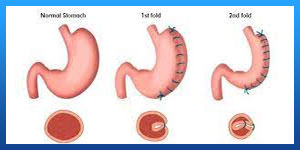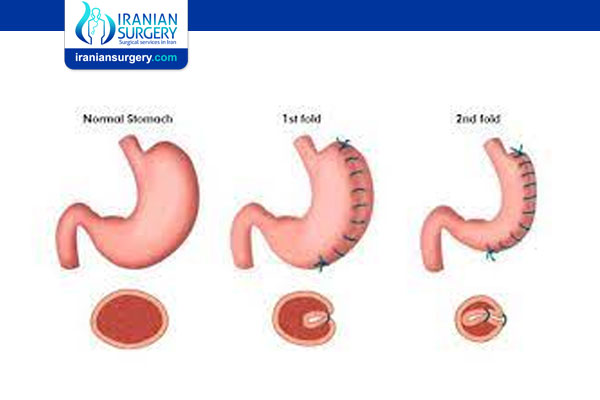What is a complication after gastric surgery?
How much weight can you lose with gastric plication?
What are the long term side effects of gastric sleeve?
What are the symptoms of a gastric sleeve leak?
Complications and Risks of Gastric Sleeve
There are two types of complications of gastric sleeve surgery: acute and chronic. Acute complications are ones that occur shortly after surgery and chronic issues are ones that arise or persist six months after the date of surgery. Acute complications include bleeding, pain, and blood clots.
Gastric sleeve, overall, is considered safe when compared to other commonly performed surgeries. Deaths from the procedure are rare, and when performed by a competent surgeon, the procedure has minimal complications. That said, complications, when they do happen, can range from minor annoyances to significant and potentially life-altering issues.
Over the past decade, with the improvement of surgical techniques and surgeons’ experience, the gastric sleeve has become an overall safe bariatric surgical procedure. However, complications can still occur during and after surgery.
Read more about : Bariatric surgery risks
Below are the main complications and risks of the gastric sleeve surgery:
. Leakage from the staple line – this is a rate but serious complication of the gastric sleeve surgery. The reported leak rate is between 0.7-3 percent. In Iran, we pay paramount attention to our surgical techniques to minimize all the complications.
. Stricture/stenosis – In the past, we had one stricture among our first 20 gastric sleeve procedures. We have not had any strictures within the past 5 years.
. Bleeding
. Blood Clot
. Heart Burn – This is a very controversial topic in bariatric surgery and the data from different centers is inconsistent. In our experience, most patients with heartburn before surgery see improvement of symptoms after surgery due to weight loss. Some patients may develop new heartburn, which is treatable with over-the-counter anti-acid medications, in most cases.

Read more about : Skin problems after bariatric surgery
. Nutrient or vitamin deficiency
. Weight Regain
After two years, about 1 out of every 20 gastric sleeve patients have gained back some weight from their low point.
At 5 years, the average gastric sleeve patient regains as much as 50% of the weight they lost. Just as bad, the more weight you gain back, the more likely your health problems are to return.
Read more about : Liposuction complication
The reasons for weight regain?
. Consuming calories in liquid form, such as protein shakes, pureed foods, smoothies, etc. Your new sleeve stomach works by making you feel full sooner when you eat. Since liquids don’t make you feel as full as solid foods, you’ll eat more and gain weight if you get your calories from liquids instead of solids.
. Overeating or eating the wrong things. This can stretch out the smaller gastric sleeve stomachs over time which will allow you to eat more and gain unwanted weight.
Remember, gastric sleeve is one of the best tools for weight loss, but it is only a tool. To avoid weight regain, you’ll need to eat the right foods and make the right lifestyle choices.
. Sagging Skin
For most obese patients, the skin has been stretched out for so long to accommodate the extra weight that it has lost its elasticity. Gastric sleeve surgery causes most patients to lose a lot of weight very quickly, and your skin simply can’t keep up.
The extra skin may be embarrassing. It can also cause several issues ranging from minor to severe, including:
. Hard time getting dressed
. Uncomfortable to exercise
. Skin problems, such as rashes and infections
In some cases, patients manage sagging skin with body-contouring undergarments. In more serious cases, patients have plastic surgery to remove the excess skin.
. Digestive Issues
About 1 in every 5 patients experience Gastroesophageal reflux disease (GERD) in the first 12 months. The good news is that this tends to be a shorter-term issue. After 3 years, the GERD rate drops to around 3% of patients.
Other potential digestive issues resulting from gastric sleeve surgery include:
. Indigestion (Dyspepsia)
. Gallstones
. Developing an intolerance to some food types
. Vomiting or nausea
. Vitamin deficiency
These digestive issues can often be addressed and fixed with diet and behavior changes.
Read more about : Lipomatic
Read more about : Bariatric surgery diet

